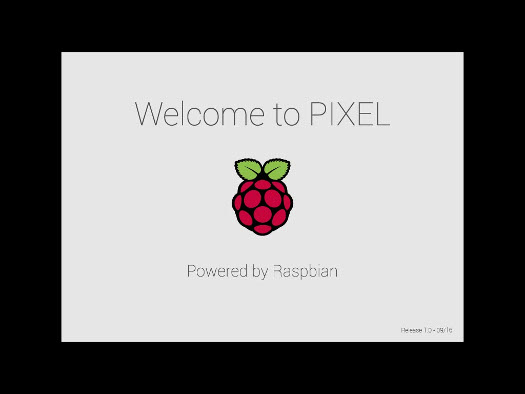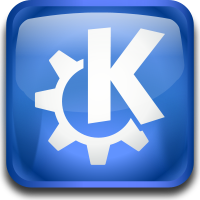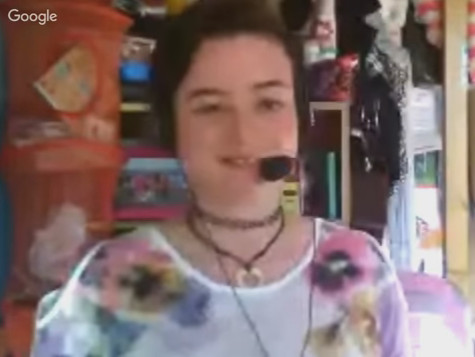One thing we learned a long time ago here at FOSS Force is that the world could use more people like Phil Shapiro. The FOSS…
FOSS Force
As we like to say at FOSS Force, open source is taking over the world. It’s everywhere you look. The Video Screening Room Bryan Liles,…
If you’re looking for a career in big data, you might consider taking a free data science course from Big Data University. The Video Screening…
What’s it like to advocate for open source and be a rep for Mozilla in Slovenia? Nino Vranešič tells all. The FOSS Force Video Interview…
Also included: Red Hat opens Ansible Galaxy, Yakkety Yak ready for downloads, and KDE and GNOME both get minor point releases.
FOSS Week in Review
Like practically everybody else who resides in the U.S., I’ve just about had it up to here (I’m holding my hand high above the top of my head) with this election. At this point, I just want the whole mess to be over. After the winner has been decided and the dust has settled, I’ll decide whether I want to become an expat on another planet in another solar system. What kind of visa will I need for that, I wonder.
Meanwhile, I keep my mind occupied by following FOSS news…
We find it very refreshing, watching these two young people sitting around talking about Linux distros as if it’s the most natural thing in the…
Raspbian, the Raspberry Pi’s most well known distro, has an exciting new look and feel with Pixel.
The Raspberry Pi Report
A couple of weeks ago, the Raspberry Pi Foundation announced they had tuned up the look and feel of Raspbian. The new buzzword created to help bring about the message that the UI had changed was dubbed “Pixel,” which stands for “Pi Improved Xwindows Environment, Lightweight.” While I’m not completely sold on trying to make Pixel stand for something, what I am completely sold on is what it has brought to the table for the Raspberry Pi. With Pixel, Raspbian has the look and feel of an elegant OS and I’m beyond happy that they have put this together for the Raspberry Pi community. I’ve tried out Pixel for the past week and here’s my take to date.

The vision behind free and open source is software that serves all people on this planet of ours. The project to produce Shendy takes that…
Also included: Judge seems to make software patents illegal, Mageia mourns a contributor, Yakkety Yak frozen, KDE’s new release, and getting ready for All Things Open.
FOSS Week in Review
When I wrote last week’s wrap, Hurricane Matthew seemed to be on a direct path for my office. Now it appears that long before it hits my state it’s going to take a sharp turn to the right and head back out to sea. That’s the good news. Unfortunately, in getting to where it is today, this storm has so far killed nearly 1,000 people that we know of so far, and has made thousands, perhaps tens of thousands, homeless. That’s bad news indeed.
This week’s free tech news was a little more fun…
 Digital Homicide commits suicide: In a story that’s been brewing for a while now, it seems that game company Digital Homicide was given enough rope to…well, you know. It seems that the publisher had gotten in the habit of suing any Steam user who dared to post a bad review about one of its games, and actually subpoenaed Valve for the identities of 100 anonymous users who had made statements about the company. This, in turn and understandably, pissed a lot of users off, which led to Valve removing all games from Steam.
Digital Homicide commits suicide: In a story that’s been brewing for a while now, it seems that game company Digital Homicide was given enough rope to…well, you know. It seems that the publisher had gotten in the habit of suing any Steam user who dared to post a bad review about one of its games, and actually subpoenaed Valve for the identities of 100 anonymous users who had made statements about the company. This, in turn and understandably, pissed a lot of users off, which led to Valve removing all games from Steam.







